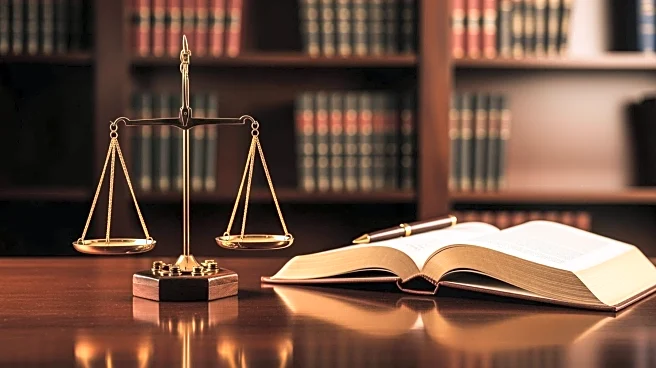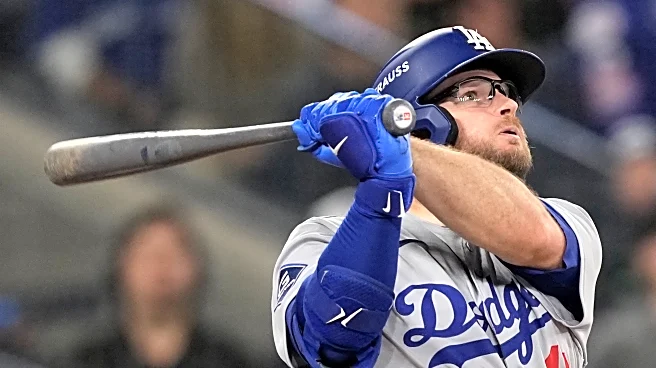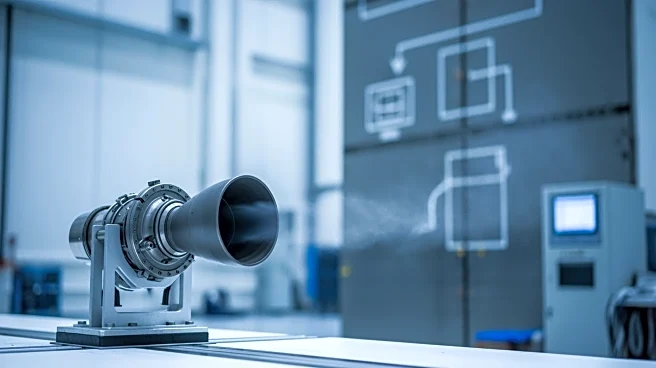Rapid Read • 7 min read
Phil Churchill, diagnosed with Parkinson's disease at 40, has found martial arts to be a significant aid in managing the physical and mental challenges of the condition. Despite the incurable nature of Parkinson's, which causes tremors and slow movement, Churchill leads 16 martial arts classes weekly, helping him focus and cope with daily symptoms. His son, Ali Churchill, documented his father's journey, highlighting martial arts' role in maintaining physical fitness and a positive mindset. Anna Castiaux from Parkinson's UK emphasizes the importance of physical activity, noting that just 2.5 hours a week can greatly benefit those with Parkinson's.
AD
The story underscores the potential of physical activity, specifically martial arts, in improving the quality of life for Parkinson's patients. It highlights a non-medical approach to managing symptoms, which can complement traditional treatments. This approach may inspire others with Parkinson's or similar conditions to explore physical activities as a means to enhance their wellbeing. The documentary by Ali Churchill also serves to raise awareness about the benefits of martial arts beyond physical health, including mental health improvements.
The documentary by Ali Churchill may encourage further exploration and research into martial arts as a therapeutic activity for Parkinson's and other neurological conditions. It could lead to increased interest and participation in martial arts among those seeking alternative ways to manage their health. Parkinson's UK and similar organizations might consider promoting martial arts more actively as part of their physical activity programs.
The story highlights the broader implications of integrating physical activities like martial arts into healthcare strategies for chronic conditions. It raises questions about the accessibility and availability of such programs for patients and the potential for insurance coverage or support from healthcare providers. Additionally, it touches on the cultural significance of martial arts as a tool for empowerment and resilience.
AD
More Stories You Might Enjoy













